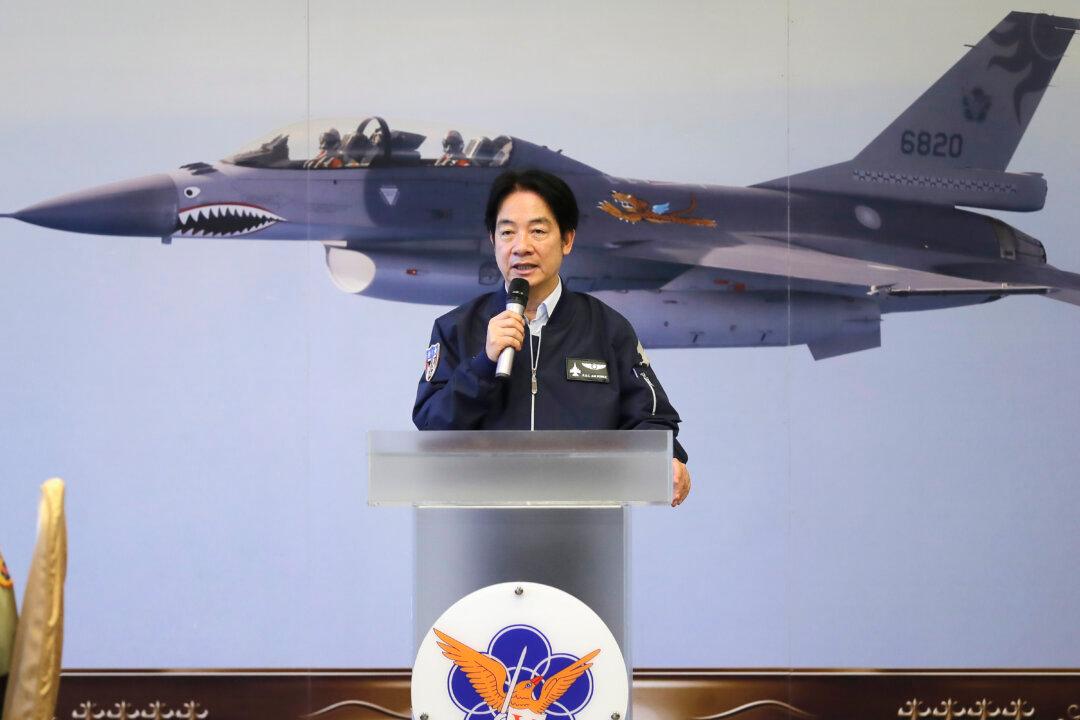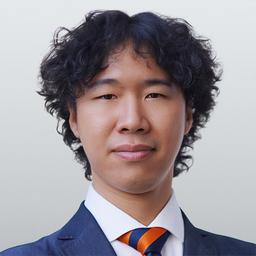Following the inauguration of Taiwan’s new President Lai Ching-te, the Chinese Communist Party (CCP) has increased its military aggression toward Taiwan. Amid mass protests in Taiwan against the Taiwanese parliament’s plan to expand its powers, the CCP has been accused of influencing political conflicts in Taiwanese politics.
Three days after President Lai Ching-te took office, China conducted a two-day military exercise in the waters around Taiwan. Subsequently, on May 27, House Foreign Affairs Committee Chairman Michael McCaul led a bipartisan delegation on a visit to Taiwan and met the newly inaugurated president.





